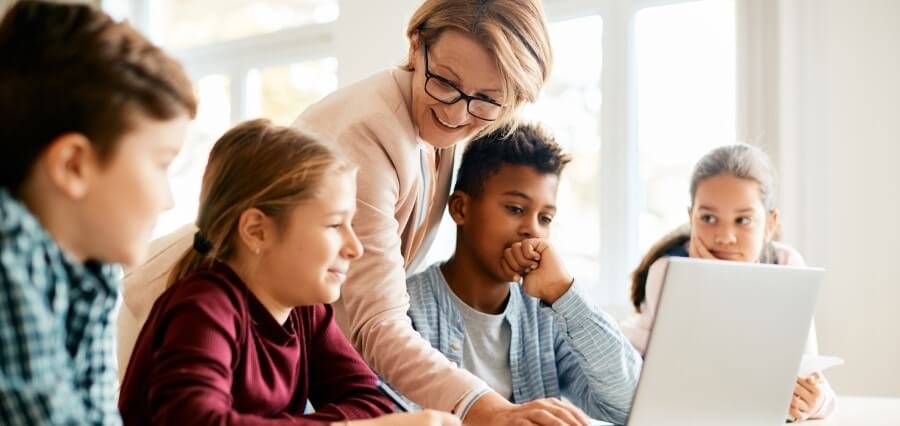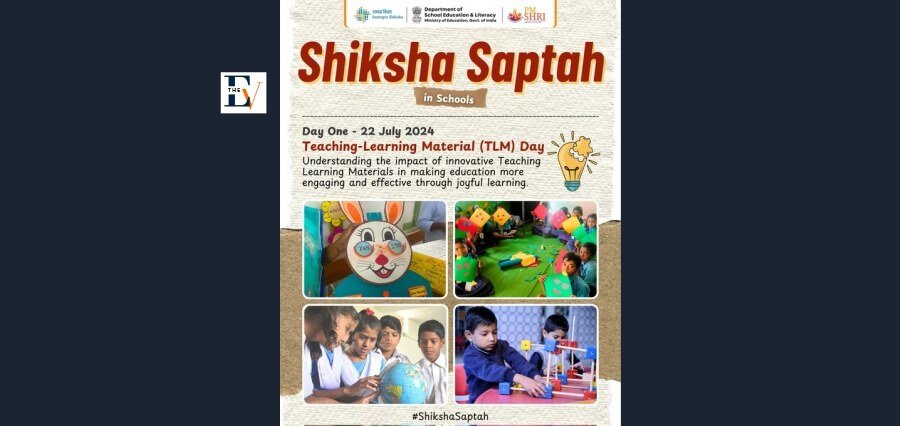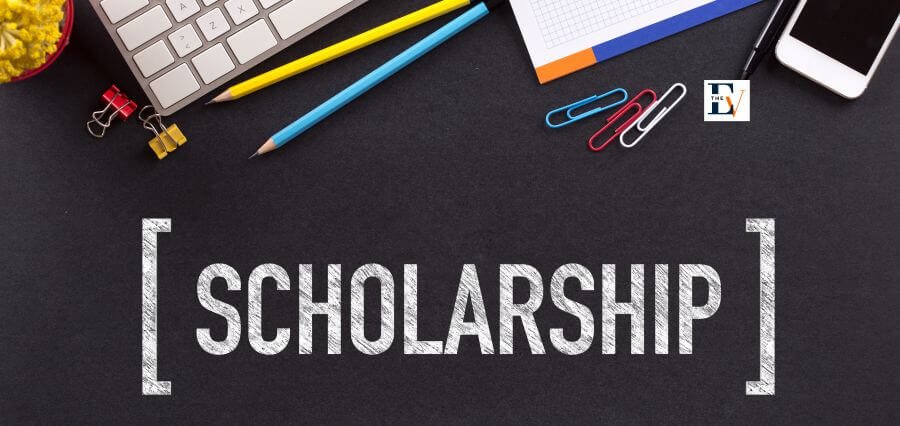Transforming Education
In the dynamic landscape of contemporary education, the embrace of innovative teaching techniques transcends the boundaries of conventional pedagogy, ushering in a new era of transformative learning experiences. As we navigate the intricacies of the digital age, traditional approaches are yielding to dynamic methodologies that address the diverse needs of students and prepare them for the challenges of an ever-evolving future.
Let’s delve deeper into the realm of groundbreaking teaching techniques that not only engage students but also redefine the educational paradigm.
The Rise of EdTech: A Catalyst for Transformation
Educational Technology (EdTech) has emerged as a game-changer, reshaping the traditional classroom setup. With the advent of interactive smart boards, educational apps, and virtual classrooms, students are no longer confined to textbooks and chalkboards. EdTech not only enhances the learning environment but also encourages active participation, fostering a deeper understanding of subjects.
Flipped Classroom Model: Turning Learning Upside Down
In the pursuit of more effective learning, the Flipped Classroom Model has gained substantial traction. Unlike traditional methods, this model flips the conventional approach to homework and classwork. Students engage with instructional content at home through videos or online modules, allowing classroom time to be dedicated to discussions, problem-solving, and collaborative activities. This fosters an additional interactive and engaging learning atmosphere.
Project-Based Learning: Bridging Theory and Practice
Project-Based Learning (PBL) is an avant-garde approach that combines theoretical knowledge and practical application. By immersing students in real-world projects, PBL instils critical thinking, problem-solving, and teamwork skills. This hands-on methodology not only enhances academic performance but also prepares students for the challenges of the professional world.
Personalized Learning: Tailoring Education to Individual Needs
Recognizing the unique learning styles and paces of students, Personalised Learning has become a focal point in modern education. Through adaptive learning platforms and customized lesson plans, educators can tailor content to meet the limited needs of each student. This not only optimizes learning outcomes but also nurtures a sense of autonomy and self-directed learning.
Gamification in Education: Making Learning Playful
Injecting an element of fun into education, Gamification has proven to be a powerful tool for engagement. By incorporating game-like elements such as challenges, rewards, and competition into the learning process, educators can capture and maintain students’ attention. This not only makes learning enjoyable but also enhances retention and motivation.
Artificial Intelligence in Education: A Glimpse into the Future
As we stride into the future, the integration of Artificial Intelligence (AI) in education holds immense promise. AI-powered tools can analyze individual learning patterns, providing personalized feedback and recommendations. This not only aids educators in refining their teaching methods but also ensures that each student receives a tailored learning experience.
Overcoming Challenges: Nurturing Technological Literacy
While innovative teaching techniques bring forth an excess of benefits, it is key to address the challenges associated with their implementation. Technological Literacy emerges as a key factor in ensuring the effective utilization of these tools. Professional development for educators, coupled with comprehensive digital literacy programs, plays a pivotal role in overcoming potential hurdles.
Fostering Inclusivity: Addressing Diverse Learning Styles
In the quest for educational excellence, acknowledging and accommodating diverse learning styles is paramount. Implementing strategies that cater to visual, auditory, and kinesthetic learners ensures that every student can grasp and retain information effectively. This fosters a more inclusive educational environment where each student feels valued and supported.
The Role of Mentorship: Guiding Students Towards Success
Mentorship programs within educational institutions create an invaluable support system for students. Pairing experienced mentors with learners provides a platform for guidance, encouragement, and skill development. This not only enhances academic performance but also instils a sense of direction and purpose in students, contributing to their overall success.
Cultivating Critical Thinking: A Core Educational Objective
In the era of information overload, cultivating Critical Thinking skills is more crucial than ever. Educational institutions must prioritize activities and assignments that challenge students to analyze, evaluate, and synthesize information. This not only prepares them for academic success but also gives them essential skills for navigating the complexities of the real world.
The Future of Education: A Holistic Approach
In conclusion, embracing innovative teaching techniques is not merely a trend but a necessity in the contemporary educational landscape. From EdTech to AI, these methodologies empower educators to create a complete learning environment that nurtures creativity, critical thinking, and adaptability. As we continue to explore new frontiers in education, the amalgamation of technology and pedagogy will absolutely pave the way for a brighter and more progressive future.





